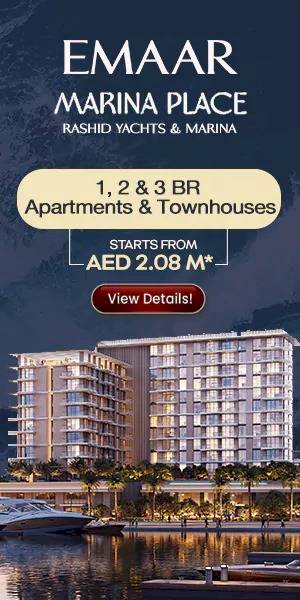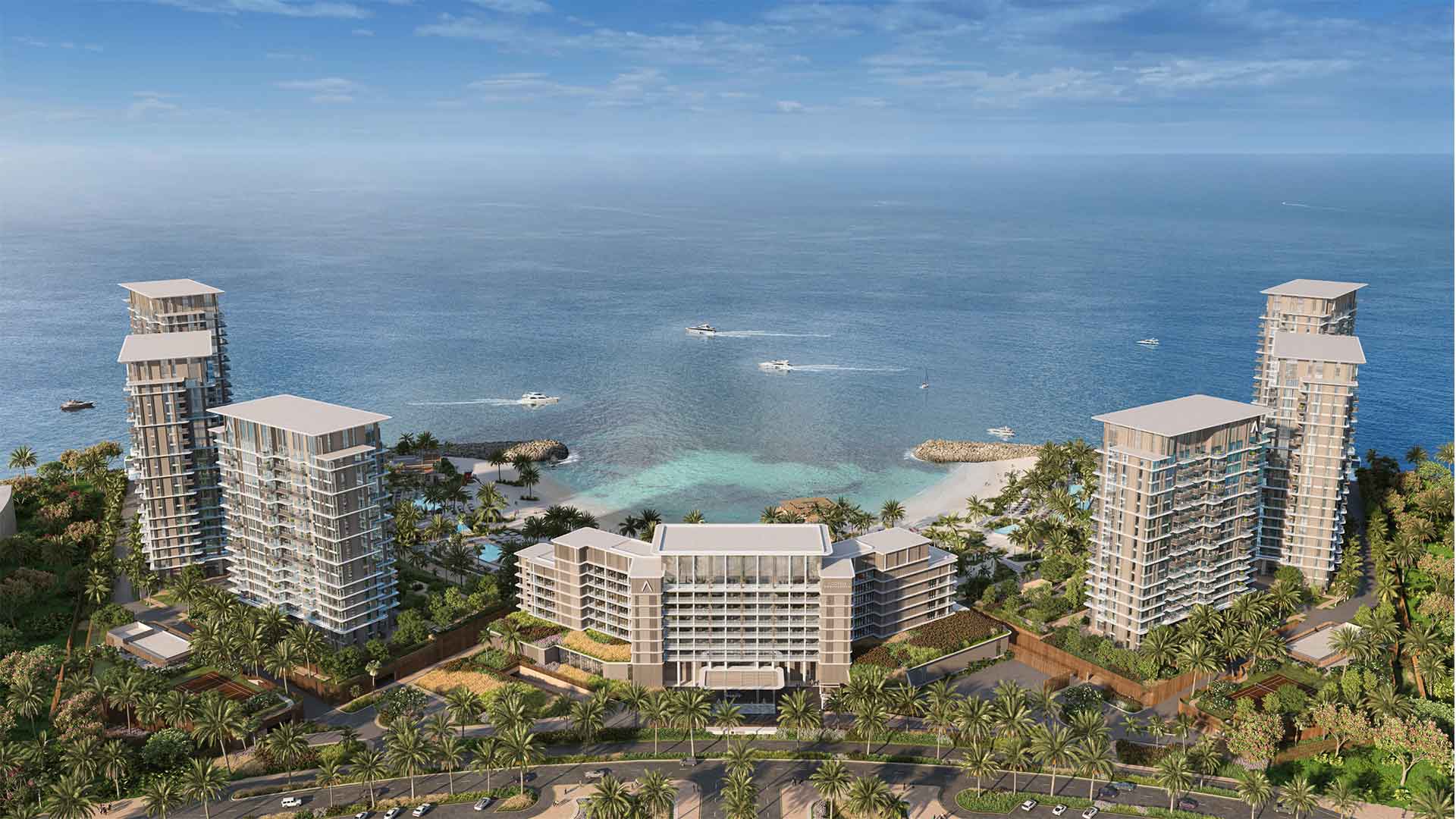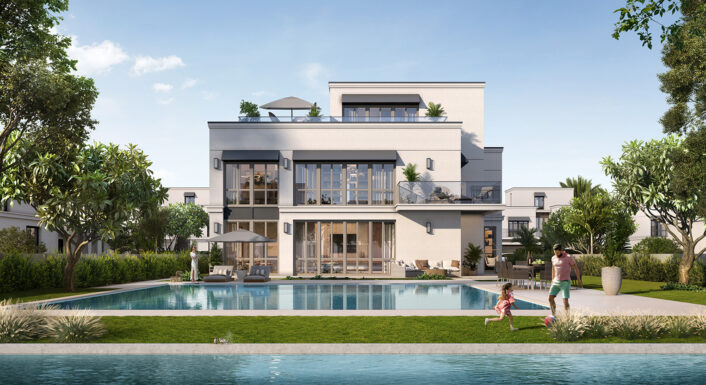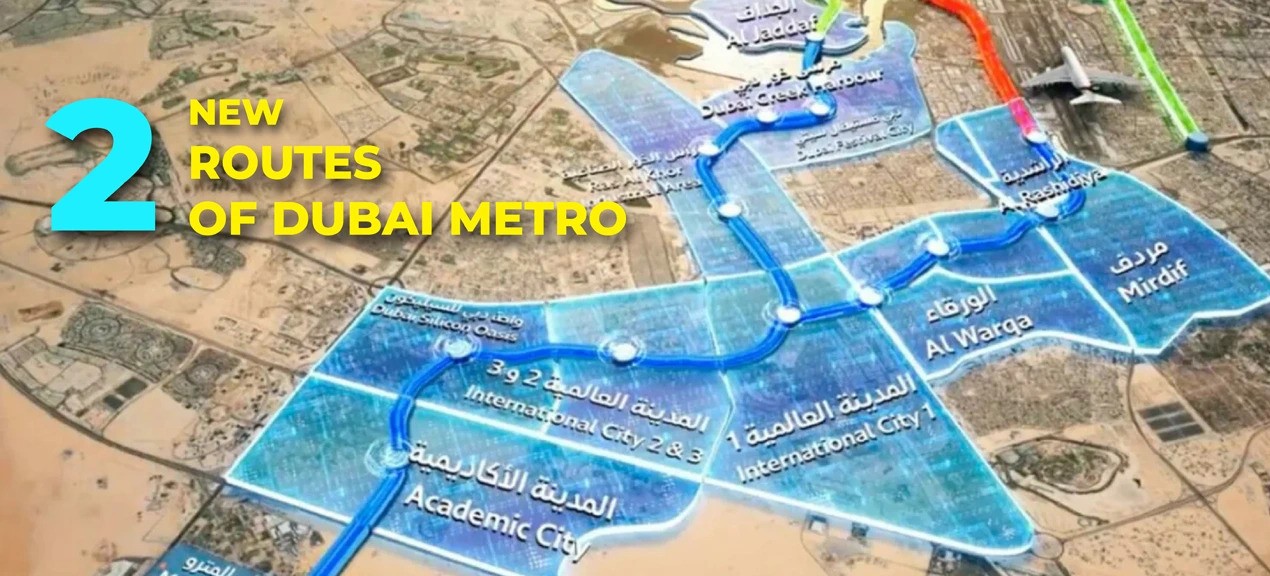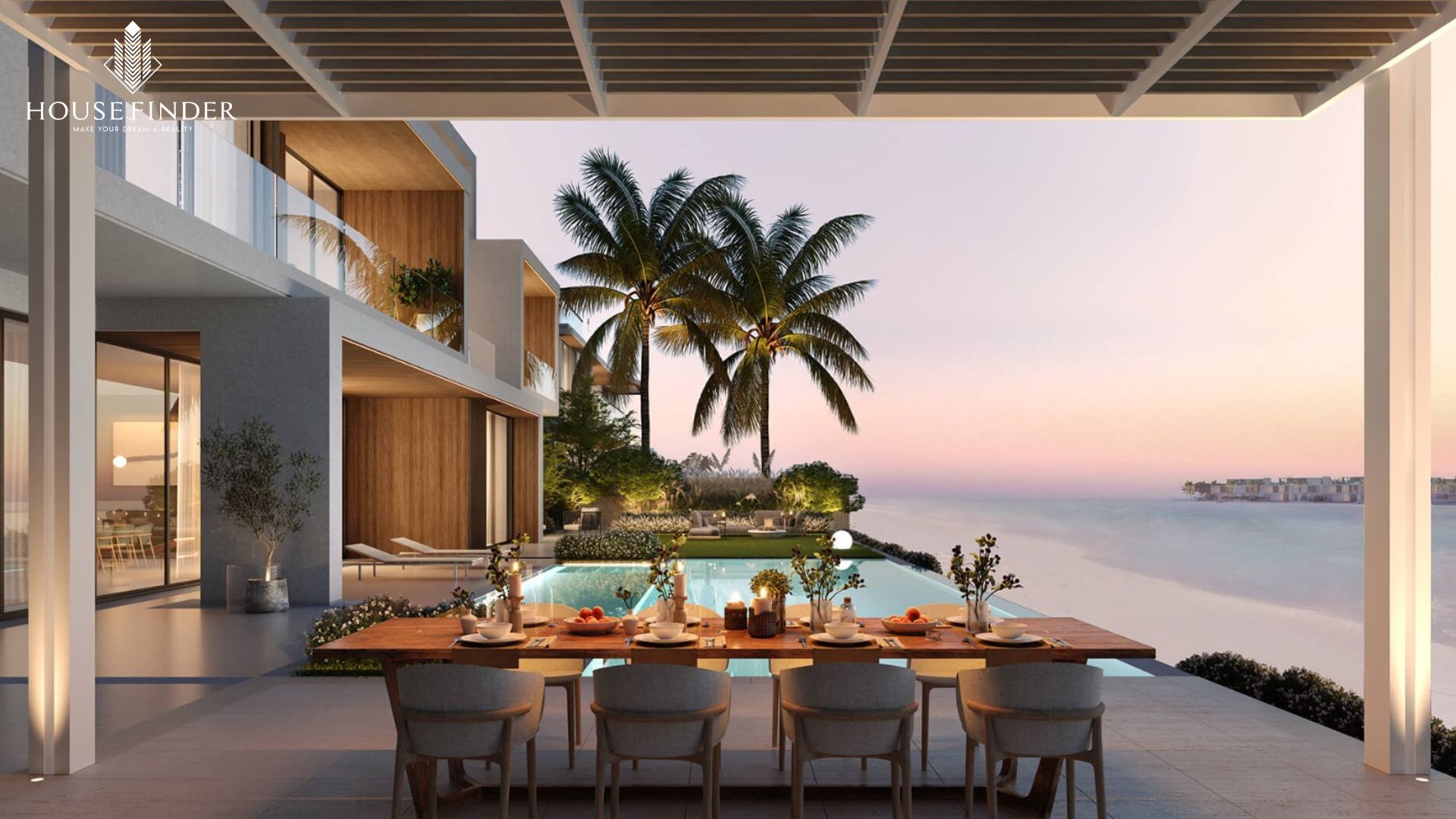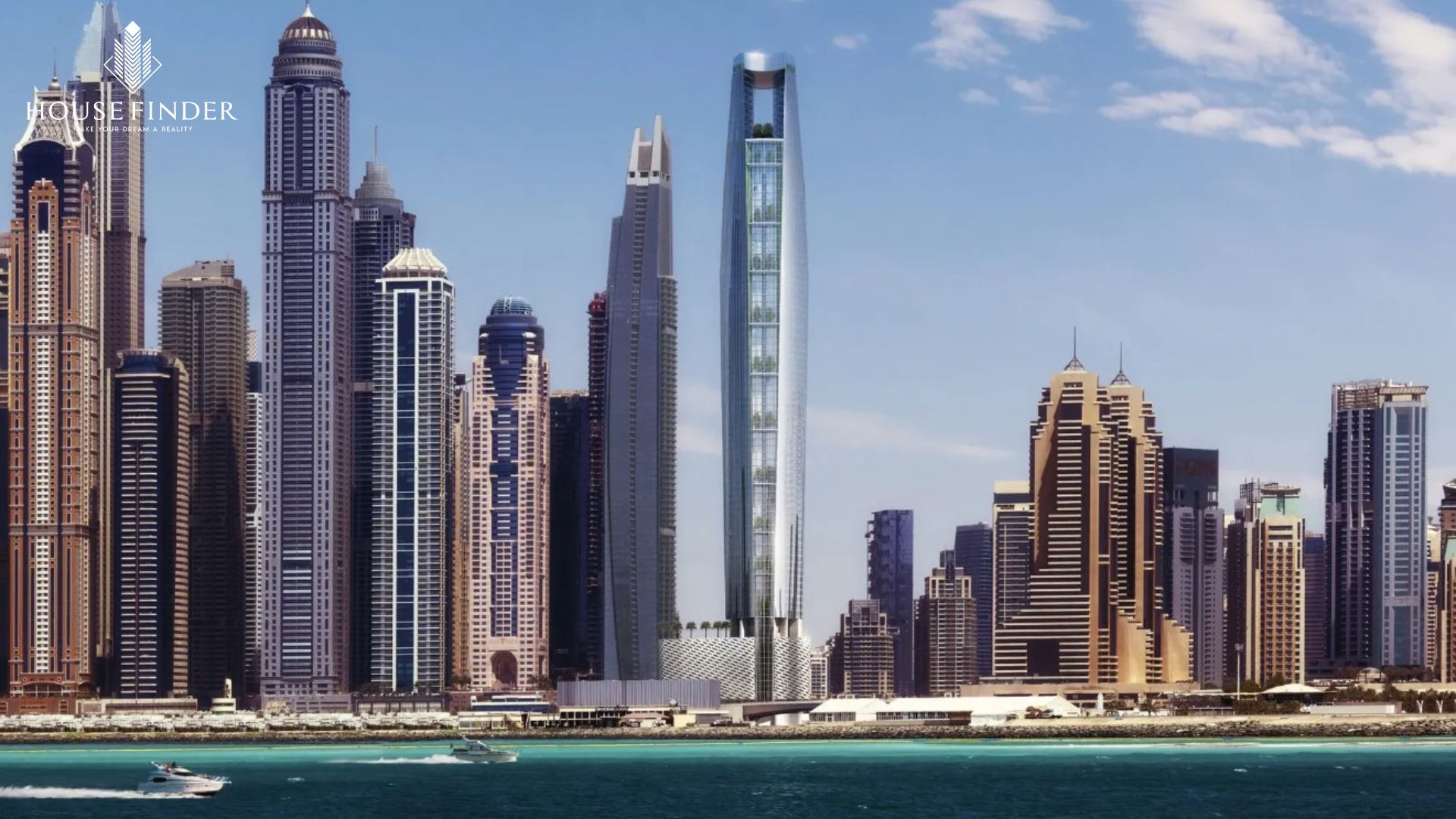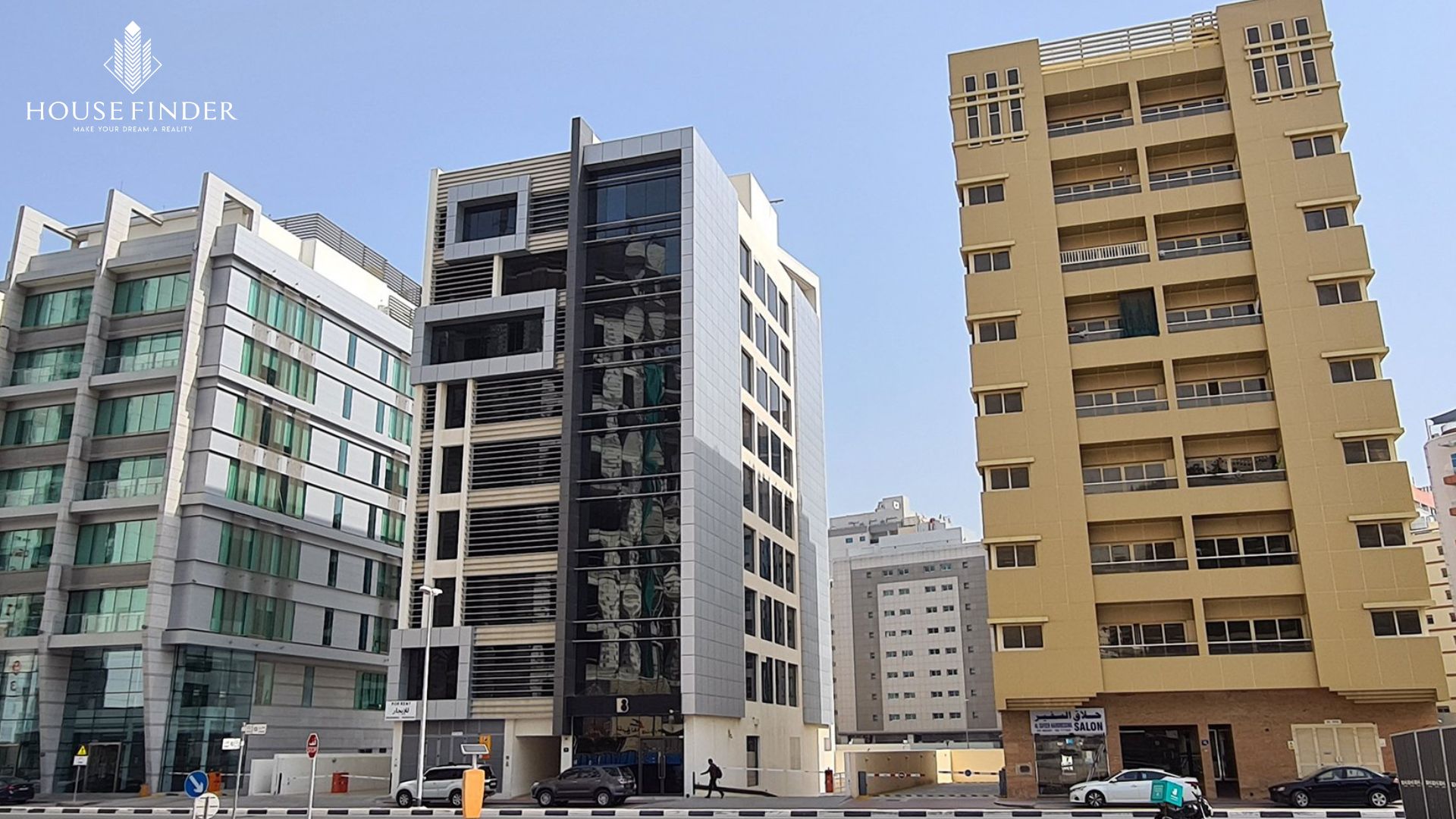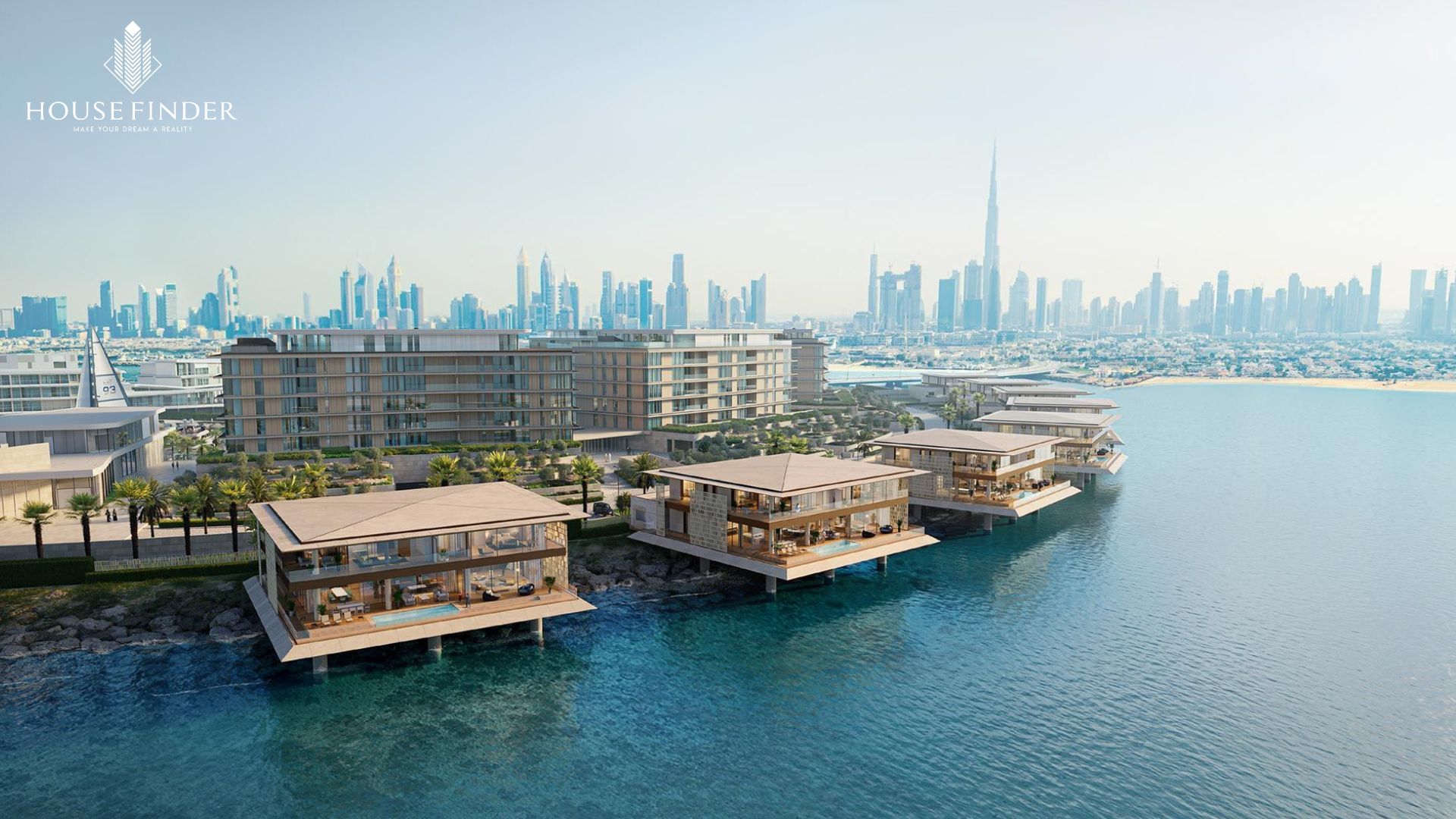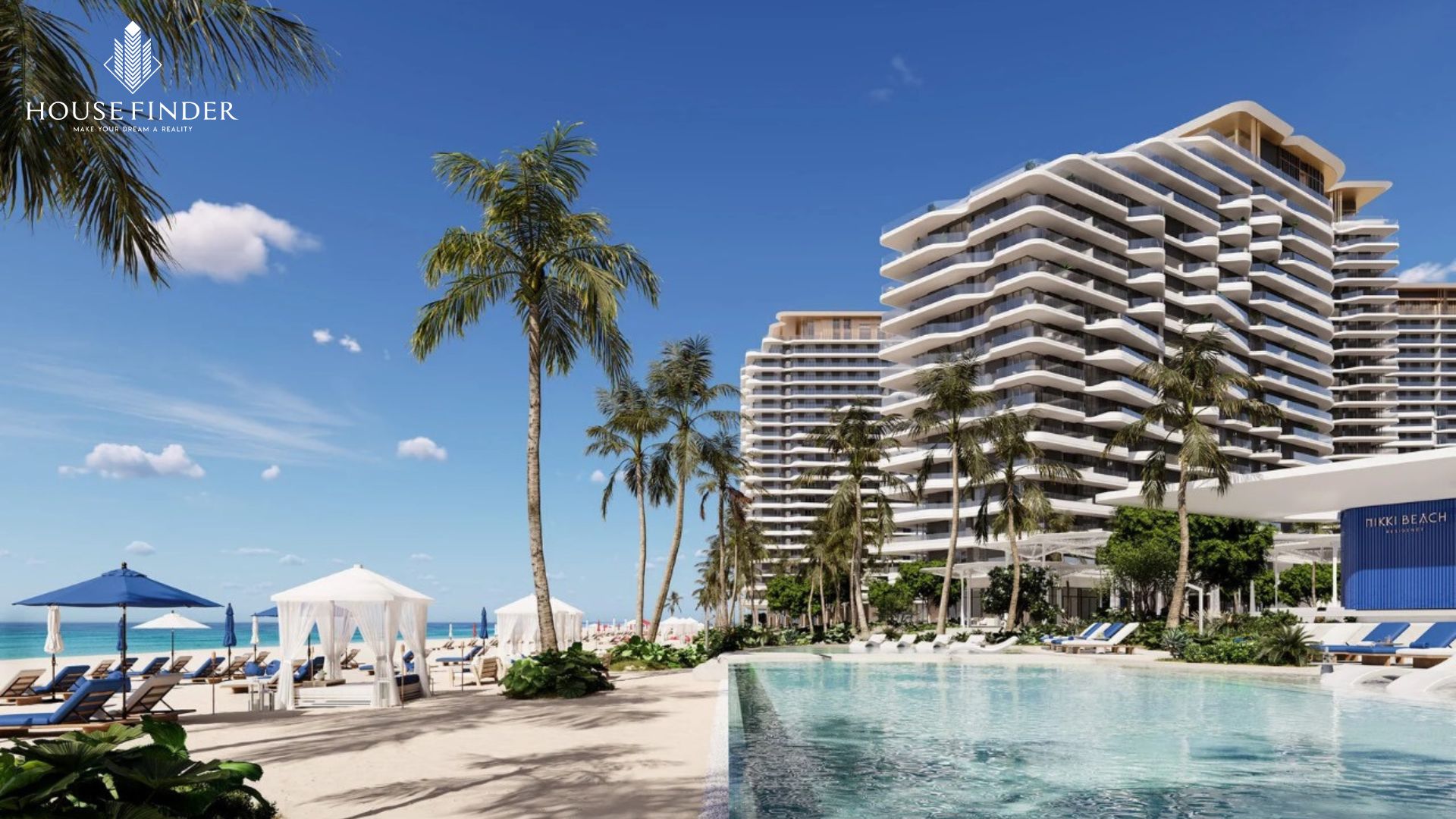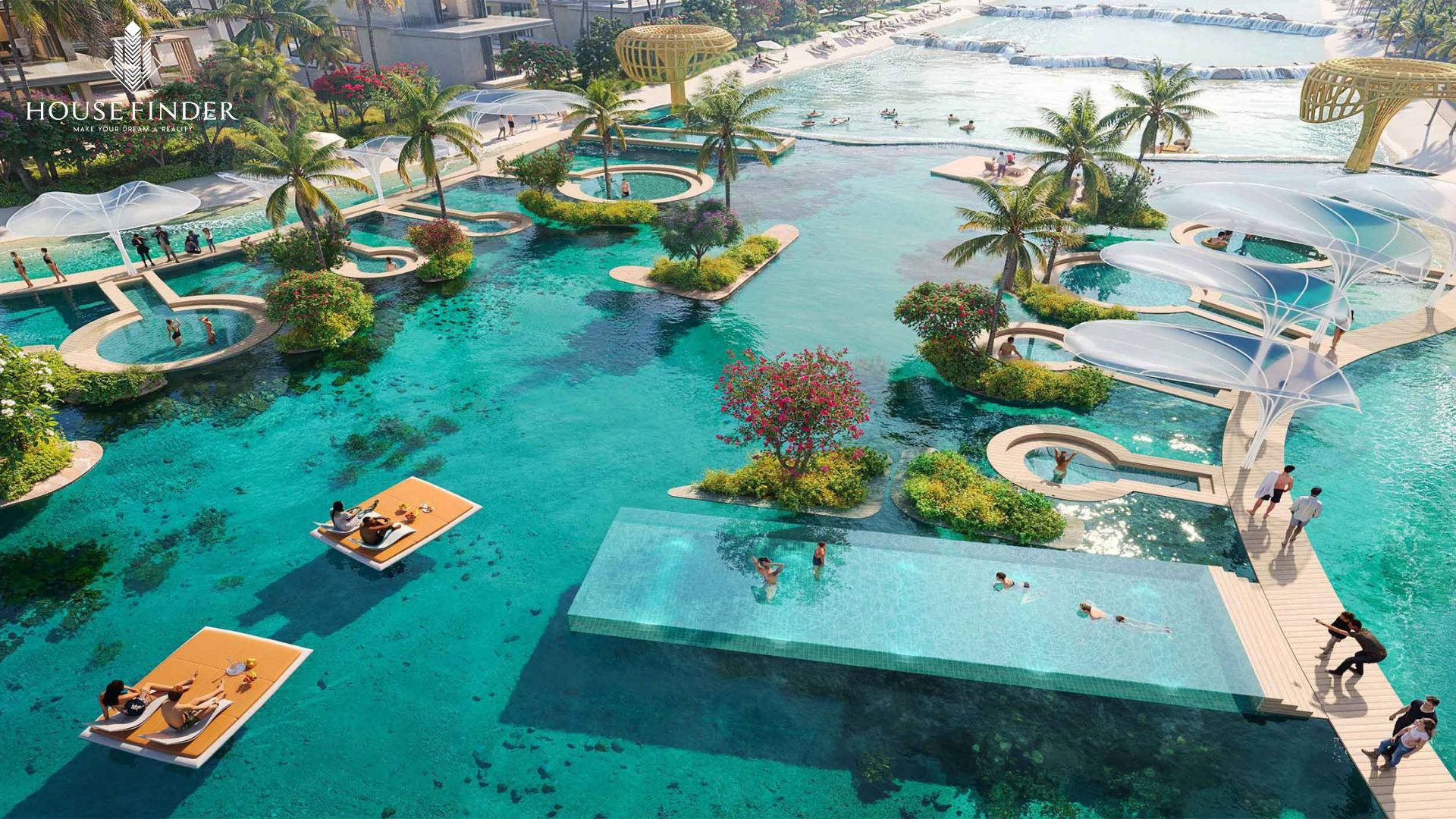Dubai Residential Real Estate Volume Was Up 47% Last Year with One Zone Accounting For Over Half Of Transactions
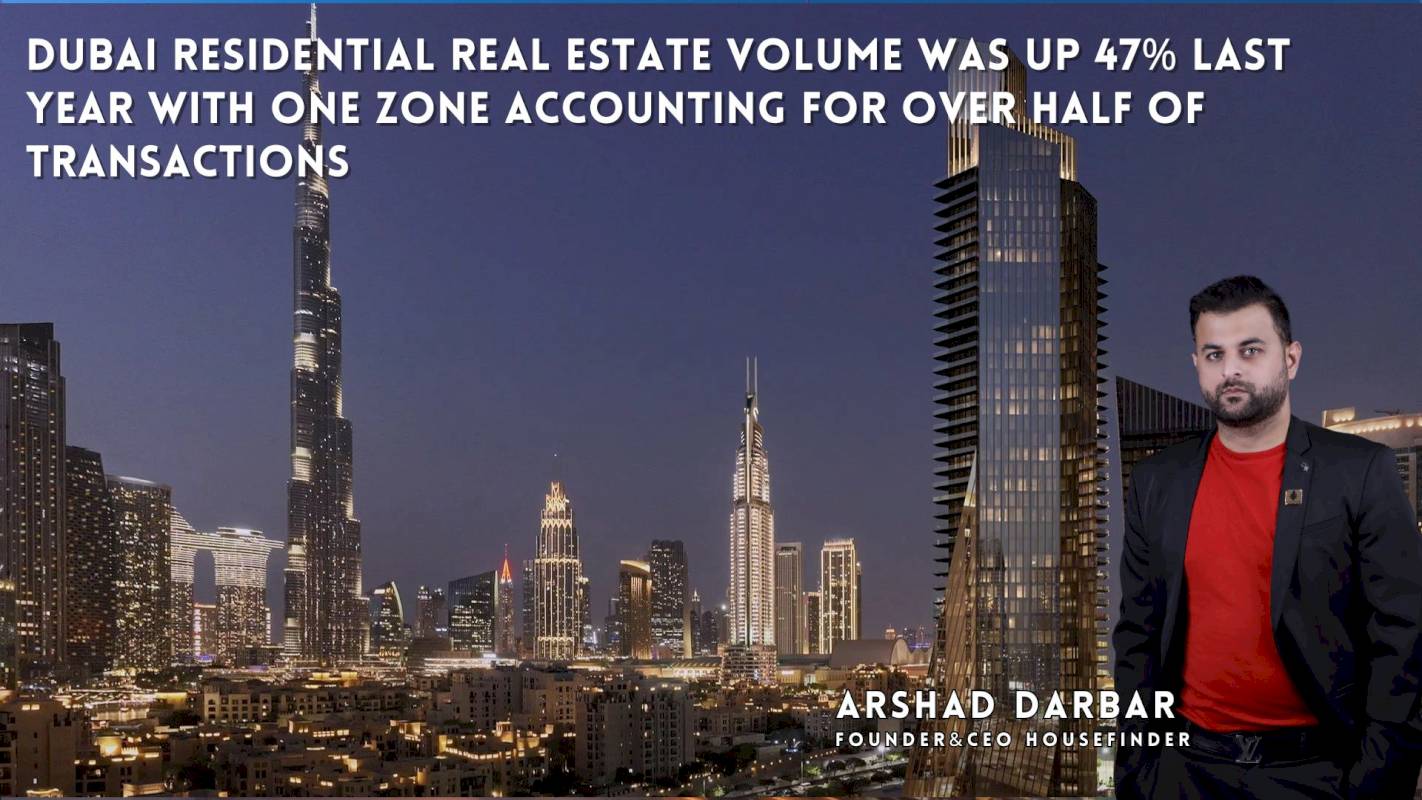
Meta Description
Dubai’s residential real property market grew 47% in 2024, caused by off-plan sales and comfort housing demand, with Zone 6 important transactions.
Dubai Residential Real Estate Volume Was Up 47% Last Year with One Zone Accounting For Over Half Of Transactions
Dubai’s residential real property market had a brilliant year in 2024. Many buyers and capability investors are asking why this market is growing so speedily and the way they may gain. The modern information indicates that the sector recorded a 47% increase in transaction volumes compared to the previous year.
This growth reflects Dubai’s ability to attract high-net-worth individuals and international investors. The rapid rise in off-plan sales and the launch of new projects have played a key role in this success, offering strong opportunities for those looking to invest in Dubai’s thriving property market.
Unprecedented Growth In 2024
Dubai’s real estate market experienced a significant boost in 2024. Transaction volumes increased by an impressive 47% compared to 2023. Off-plan sales were a major contributor to this growth, accounting for 68% of all transactions. This was a noticeable rise from 55% in 2023.
Developers launched over 50,000 residential units throughout the year to meet the surging demand, marking a 25% increase compared to the previous year. High-quality projects from trusted developers were particularly popular. These projects often sold out within weeks, thanks to attractive payment plans and strong investment potential. For many buyers, these offerings provided an ideal combination of affordability and future value.
Zone 6 Leading The Market
One of the key highlights of 2024 was the dominance of Zone 6 in Dubai’s residential market. This area, which includes sought-after locations like Jumeirah Village Circle, Dubai Hills Estate, and Al Barari, accounted for 51% of all transactions. Buyers were drawn to Zone 6 due to its mix of affordable and luxury housing options, excellent infrastructure, and proximity to key areas of the city. Established neighbourhoods such as Dubai Marina, Business Bay, and Jumeirah Lakes Towers also saw strong activity. These areas continued to appeal to buyers looking for well-located properties with easy access to transportation, retail, and dining options.
Apartments Dominate The Market
Apartments remained the most popular property type in 2024, making up 82% of all transactions. Off-plan apartment sales accounted for 68% of these transactions, a significant rise from 58% in 2023. Notable launches like City Walk Northline by Meraas, Ocean Cove by Emaar, and Ghaf Woods by Majid Al Futtaim attracted many buyers. While apartments dominated overall sales, villas also played a significant role.
Villas accounted for 18% of total transactions, with Zone 6 leading in demand. Under-construction villas made up 68% of villa sales, up from 45% in 2023. Popular locations for these purchases included Damac Hills 2, The Valley, and Dubai South. Buyers were particularly drawn to new projects in these areas, which offered modern designs and appealing amenities.
Luxury Housing Witnesses Strong Growth
The luxury housing market saw remarkable growth in 2024. Over 4,600 units priced above AED 10 million ($2.7 million) were sold during the year, representing a 23% increase from 2023. Among these, luxury villa sales rose by 33%, while luxury apartment sales increased by 5%. This indicates that high-net-worth individuals are increasingly choosing villas over apartments for their spacious layouts and privacy.
Premium areas such as Palm Jumeirah, La Mer, and Jumeirah Bay Island recorded the highest prices per square foot. These locations remain highly desirable among wealthy buyers due to their exclusivity, waterfront views, and top-tier amenities. For investors, luxury properties in these areas provided strong returns and long-term value.
Rising Demand In The Rental Market
Dubai’s rental market also experienced growth in 2024. Apartment rents increased by 16%, while villa and townhouse rents rose by 13%. Emerging areas like Al Furjan saw rental price spikes of up to 26%. The city’s economic expansion and political stability played a significant role in driving this demand. Expats and long-term residents preferred to rent homes in areas offering modern amenities and easy access to workplaces.
Looking Ahead: 2025 And Beyond
The momentum in Dubai’s residential real estate market is expected to continue in 2025. Key trends such as rising investor confidence, growing demand for off-plan properties, and increasing interest in luxury housing are likely to persist. Developers are expected to launch more high-quality projects to cater to the needs of both investors and end-users.
Dubai’s reputation as a global destination for luxury living and investment opportunities remains strong. With its strategic location, world-class infrastructure, and business-friendly policies, the emirate is well-positioned for further growth. The residential real estate market is poised to offer unique opportunities for those looking to capitalize on Dubai’s development and growth.
Arshad Darbar's Thoughts
Arshad Darbar, a seasoned real estate expert, believes the 47% growth in Dubai’s residential property market in 2024 reflects the city's strategic appeal and investor confidence. He highlights that off-plan sales, accounting for 68% of total transactions, have been a game-changer, enabling buyers to secure properties at competitive prices with flexible payment plans. The surge in new project launches offering diverse housing options has further driven demand across different segments, from affordable to luxury properties. Darbar emphasizes the pivotal role of Zone 6, which contributed to over half of the transactions.
Areas like Jumeirah Village Circle and Dubai Hills Estate have consistently attracted buyers due to their balance of affordability, luxury, and modern infrastructure. He also notes the growing interest in luxury housing, with villas becoming a preferred choice for high-net-worth individuals. According to Darbar, Dubai’s ability to attract global investors while accommodating local demand underscores its resilience and adaptability. He predicts that this growth momentum will continue in 2025, driven by innovative projects, government support, and a robust rental market. For investors and buyers alike, Dubai offers a promising landscape for long-term value and growth.
Conclusion
Dubai’s real estate market demonstrated exceptional growth in 2024, driven by off-plan sales, luxury housing, and high investor confidence. The dominance of Zone 6 and the rising demand for apartments and villas underscore Dubai’s strategic appeal. With its robust infrastructure, government initiatives, and a thriving rental market, the city is poised for continued growth in 2025. Investors and homebuyers can anticipate further opportunities in this dynamic market.

